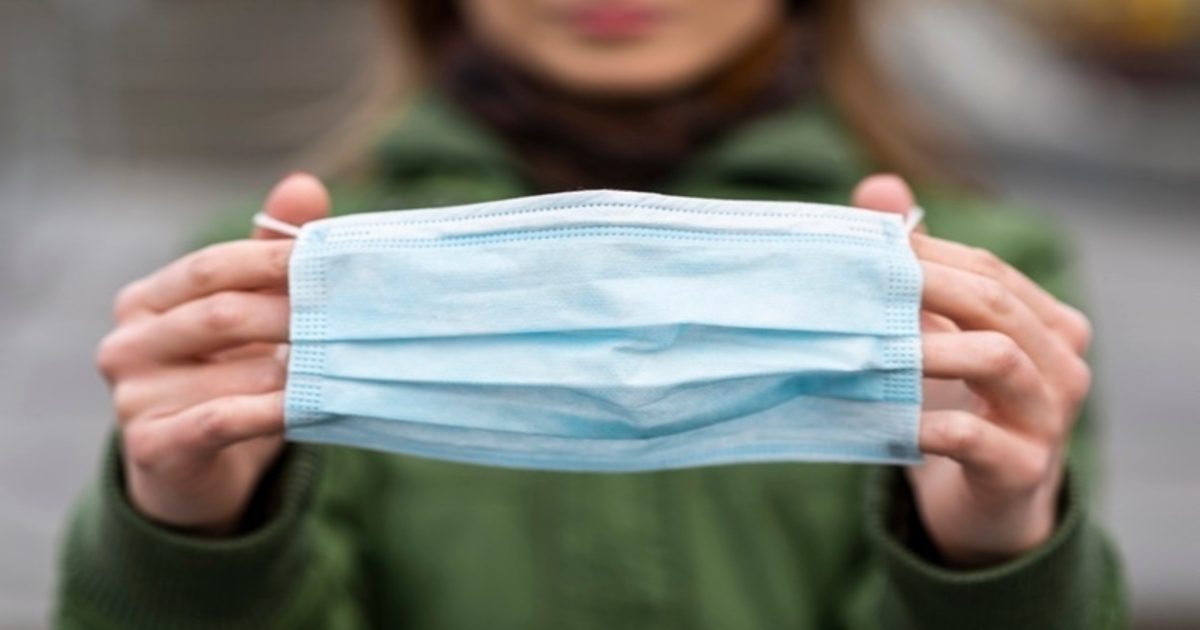
As the global spread of COVID-19 is accelerating with Governments urging people to protect themselves by wearing masks. As we are emerging from the lockdown, wearing a mask in public has been mandatory. Is it necessary? What type of mask should you use? Read further to know more.
Why is necessary to wear masks?
Overnight, masks have gone from a precaution to a necessary tool during the pandemic of COVID-19. Now, why is that? COVID-19 or Coronavirus is a virus that can spread from one infected person to a healthy person via mouth, nose, or eyes. It can spread through droplets of saliva or discharge from the nose when an infected person coughs or sneezes. Or, if a person touches a surface or object that has been infected by the virus and then touches his mouth, nose, or eyes, he may get infected. Since there is no vaccine available for this disease, it is a social responsibility to strictly adhere to the precautions issued. One of those precautions is wearing a mask. It acts as a filter/barricade when you come in contact with someone who is affected.
Another important factor is that Asymptomatic people don’t know they are infected and could be contagious. You could very well be one of them and you wouldn’t even know. That’s why you should wear a mask to protect other people from your stealth germs.
What are the different types of masks?
Different types of masks offer different levels of protection.
– N95 Respirators: It is a tight-fitting face mask. They protect respiratory droplets from coughs and sneezes and can also filter out 95% of very small particles. This includes viruses and bacteria. An N95 mask protects medical workers who come into contact with high doses of the virus while visiting and carrying out medical procedures on multiple patients. Even though compared to all other masks, N95 masks offer the highest level of protection, they are also the most expensive.
– Surgical Masks: These masks can be identified by their color- blue with white borders. These are disposable, loose-fitting masks designed to cover the mouth and nose. They are used to protect a person against large splashes of droplets, water, and sprays and are used in medical facilities. While they do cover your mouth, surgical masks can’t protect you from catching or transmitting the coronavirus, since it has loose gaps. That being said, it can help prevent large particles expelled by the wearer, such as spit or mucous, from entering the environment. If the wearer coughs or sneezes, the surgical mask will help collect the larger particles expelled. Elastic bands or long, straight ties help hold a surgical mask in place while you’re wearing it. These can either be looped behind your ears or tied behind your head.
– Homemade fabric masks: Remember, any face covering is better than no face covering. Over the recent weeks, with an acute shortage of masks supplied in the market and a lack of protective gear available, many are turning to homemade masks made out of different fabrics like cloth or sponge. However, the effectiveness of homemade masks varies depending on the fabric used, the style, and the fit. Even if the cloth masks aren’t perfect, they could theoretically slow the spread of disease by helping keep the virus from escaping people’s noses and mouths. Bandannas, scarves, hand towels, or any items made of cotton or linen are a good place to start. Thicker, more densely woven cotton fabrics are best.
Remember, any face covering is better than no face covering. Whether it is an N95 Respirator or a Homemade cloth mask, masks are now a voluntary public health measure. Social distancing, hand-washing, and the avoidance of face touching, coupled with wearing a mask, are by far the most effective ways to protect society from this pandemic.

 Call-an-Ambulance
Call-an-Ambulance



